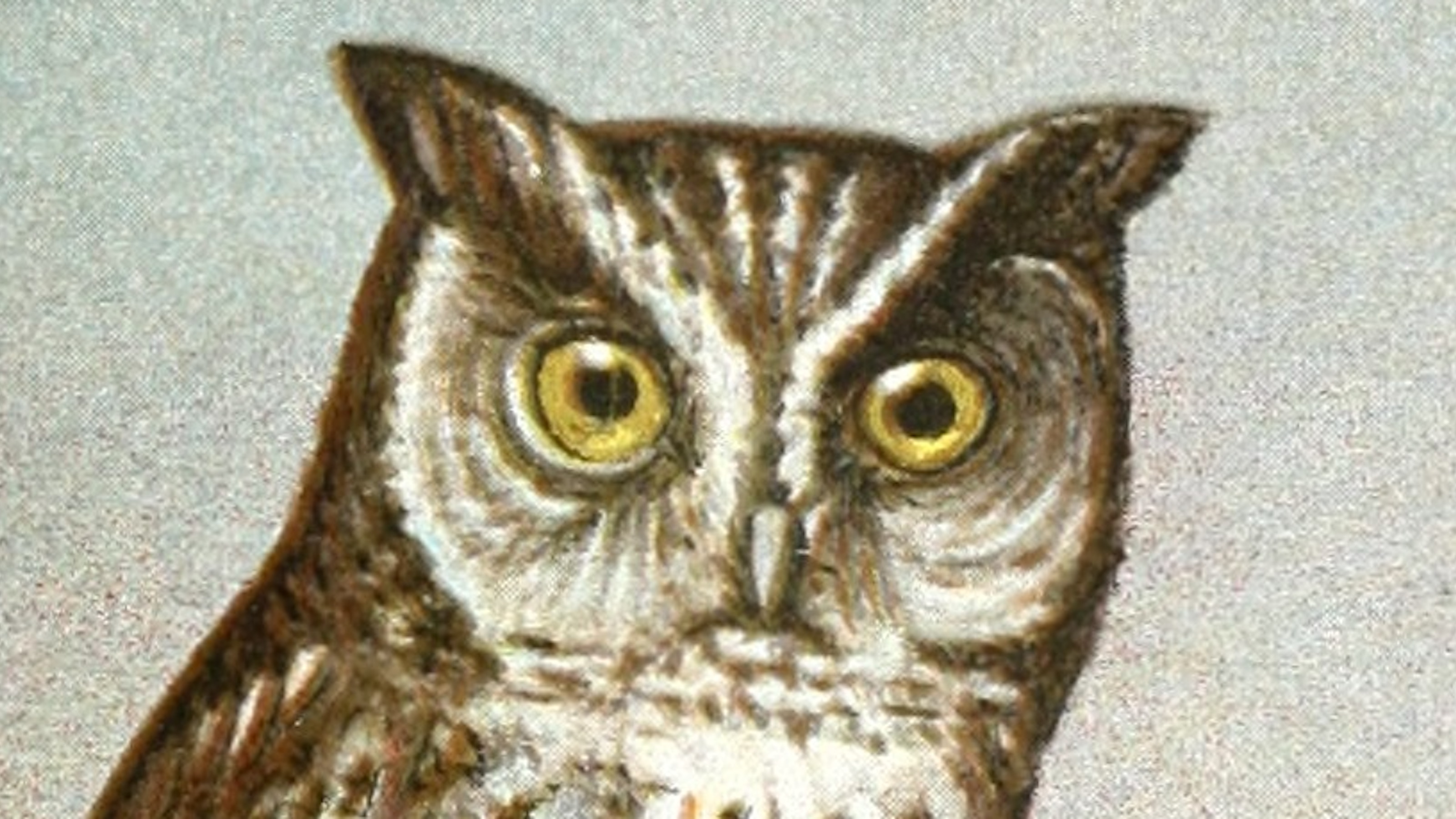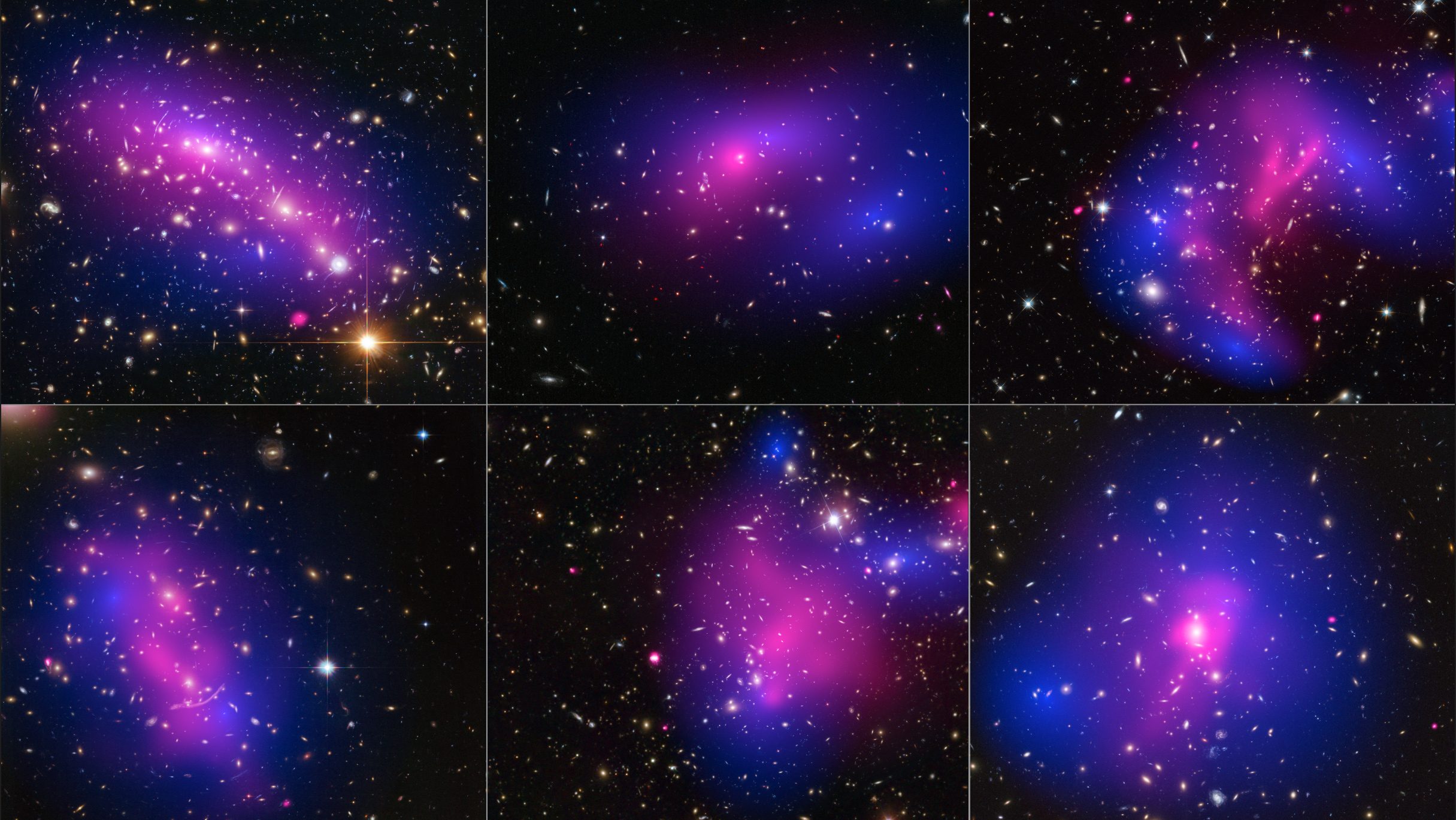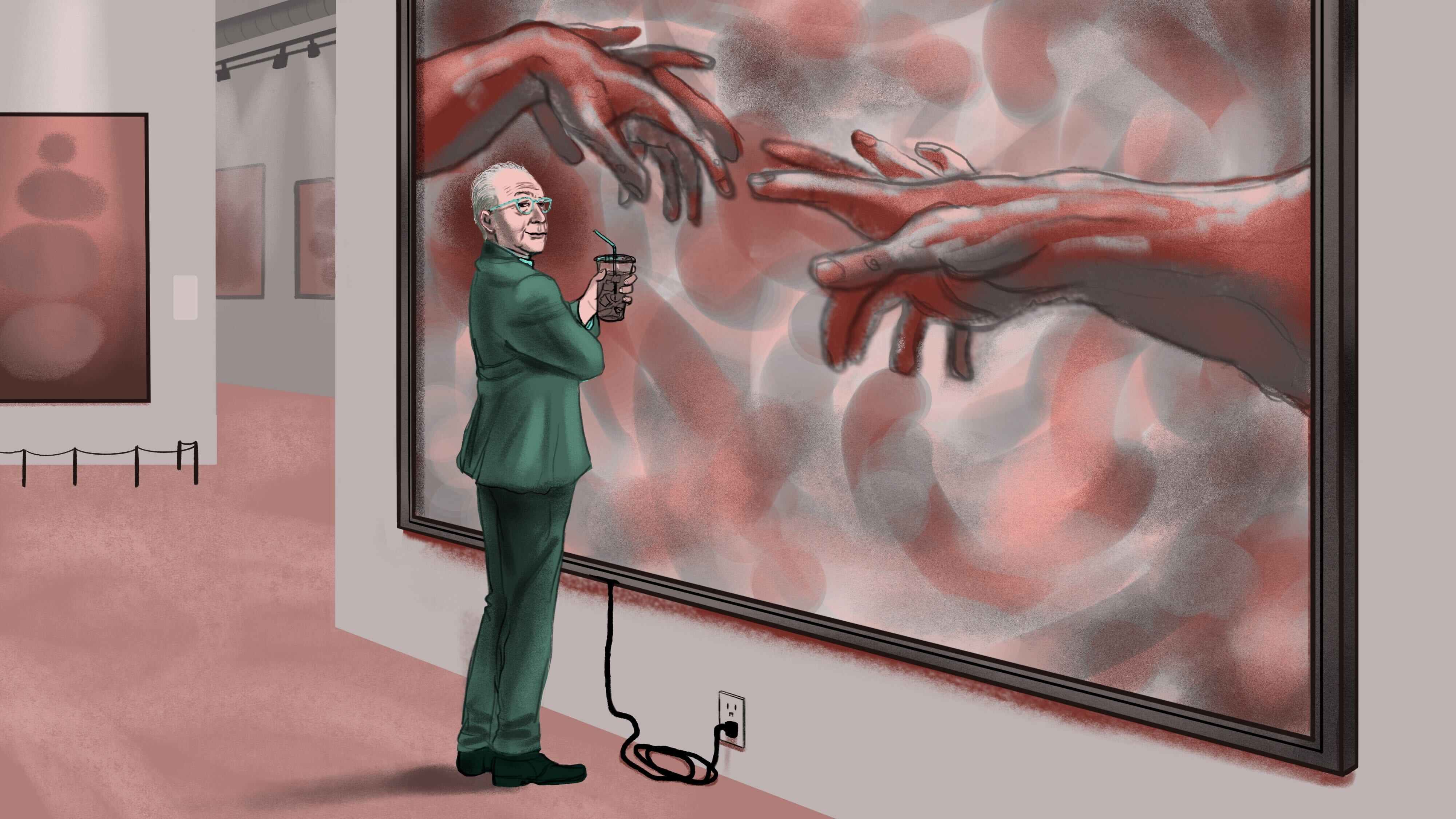Steve Martin recommends Pitchfork media.
Topic: Steve Martin on the Best Music Video Websites
Steve Martin: I mean, there already is, you know, Pitchfork, which is sort of the biggest music website- I don’t know, I guess Tastemaking- I guess you’d say like, if Yahoo Music has more views, or I don’t know how you categorize it, but Pitchfork is certainly the most influential in terms of breaking new artists. They just started a new site, the Pitchfork TV, and that’s what they intend to be, is just like music video twenty-four hours, which is what MTV originally was. I mean, I think that’s great. I never really, you know- I sort of was already fifteen, sixteen years old or so by the time MTV came on the air, so it wasn’t really that important to me to have that in my formative years, you know? I wanted to go see bands for myself, and see what it was like. And, also, the other effect that it had in that, as it blew up and got really huge by the time of the mid, late-Eighties, is that it wasn’t enough just to be a good musician, you had to be like a model, too. So, I don’t know how much I miss that. I do like that people like- this includes some of the people that I work with- that they have made really creative videos that they’re not even in, that are sort of art pieces that are really great in that regard, but you know, when MTV does- it was really peaking and becoming the- had become, did become- the dominant musical promotion force, I mean, that did not bode well for people like, I don’t know, Bob Dylan, you know- what if Led Zeppelin would have been trying to make it at that point? Well, there are some good-looking guys in that band at the time, in their heyday, you know. But I remember when MTV first started and they had- they didn’t have that many videos to spin, so they were playing a lot of like live footage of people like REO Speedwagon. You know, once like these really like good-looking bands like Duran Duran and whoever were coming around, like REO Speedwagon wasn’t getting on MTV anymore- so, you know, there’s good sides and bad sides to it. The good side is there’s much more of a musical dialog out there. There’s much more information handy, and that’s something I didn’t address before is that my advice to kids you were talking about as far as learning about music and stuff like that is that one thing they have constant access to- through the internet and through the media- and through, if there’s a magazine that they can’t get a copy of where they live, whatever- whether they’re in Guam or, you know, whatever- they can still get the text of the article just by doing Google search, and if you can find out, you know, if you’re reading the year-end issue of whatever, and you see, you know, someone you admire, whether it’s, you know, Bono or whether it’s Thom Yorke or whether it’s Win from the Arcade Fire and they’re talking about their favorite show they just saw or their favorite ten records of all time, and- you sort of owe it to yourself to check that stuff out. I mean, that’s what I did when I was growing up- I mean, sure I was a little kid, like the first thing I was listening to was a lot of like, you know, coming of age in the Seventies was a lot of like glitter and glam stuff from Bowie to KISS, and then getting into hard rock like Zeppelin and Sabbath or whatever, but then I’d, you know, I’d hear those people talking about how genius the Beatles were and Dylan, and all that stuff, and I thought of that as sort of like my parents’ music, but then I went back and, you know, from reading so much of what these people said about it, I felt like I had to know why it inspired these people, you know?





